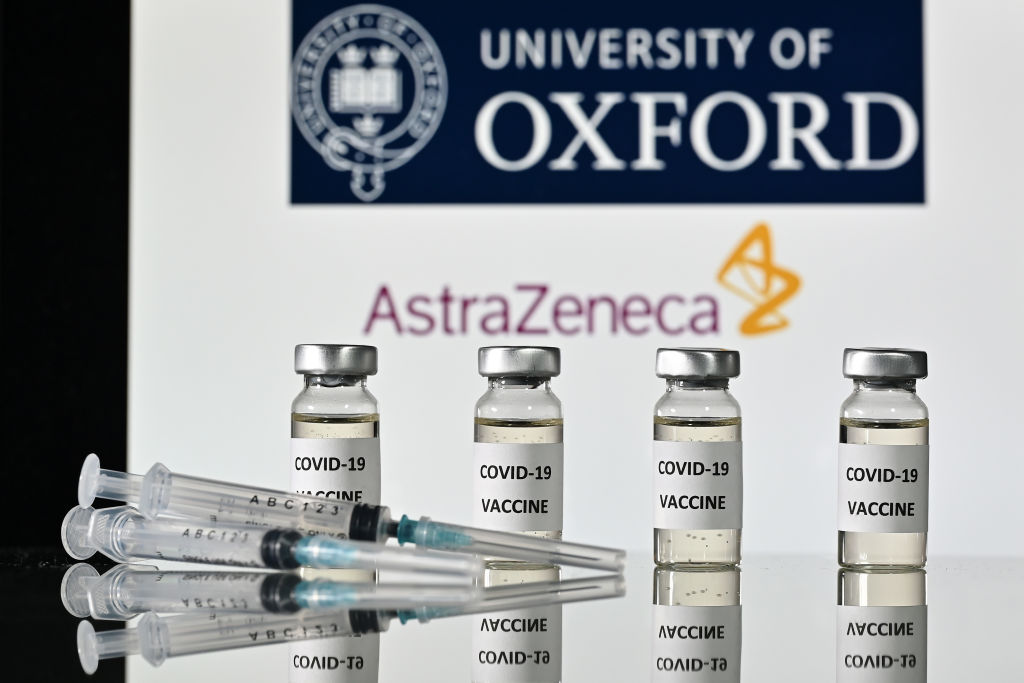This morning the Oxford/AstraZeneca vaccine has been approved by the UK medicines regulator, the MHRA. This is almost more of a game changer than the approval of the first Pfizer vaccine, because the UK government has ordered 100 million doses of it – and it is also much easier to distribute, as it does not need to be stored at the same very low temperatures as the Pfizer jab. It means that there really is a chance of life returning to normal in the not-too distant future. Ministers had been very clear in private that if this immunisation didn’t pass, it would mean society would have to work out how to live with Covid-19 over a much longer term – and that this would be very difficult politically.
That’s not to say that today’s announcement means all the political turmoil over Covid-19 restrictions will go away. MPs will today debate the latest attempts to contain the third wave of the virus, against a backdrop of an NHS apparently on the verge of meltdown. Many Tory MPs are worried about the implications of strict measures and a likely third lockdown across England. They fear that even with a vast expansion of the vaccine programme, many businesses will go to the wall in the coming weeks and that the restrictions aren’t working anyway. They are also peeved that ministers aren’t consulting parliament sufficiently, and that decisions are being made at the last minute – not so much because of the fast-moving nature of the virus but more because of indecision in the Cabinet and Downing Street.
We will also now start to see impatience among the general population as people demand access to the vaccine earlier, and complain when they haven’t yet had the call.
But most pressing is the looming capacity crisis in hospitals. Ministers will face questions about whether this could have been avoided, why the Nightingale hospitals are now largely out of action, and how the NHS will ever catch up with the backlog in elective treatments that will now grow still further as a result of this third wave. And that’s not something the vaccine can make much difference to.







Comments